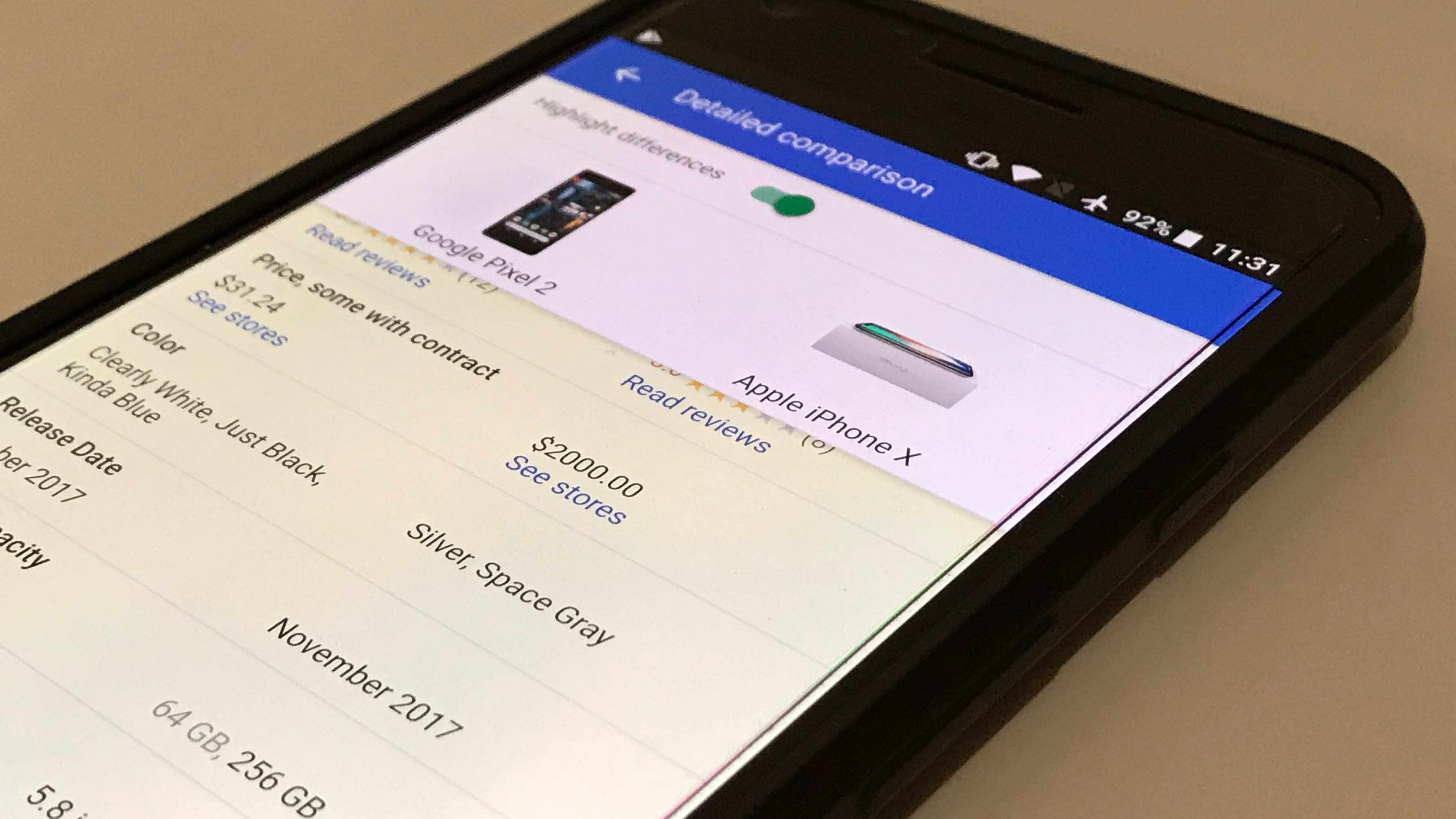Google is now prioritizing adaptable sites to accommodate bigger after-effects for adaptable devices

We all saw this coming. All the way aback in November 2016, Google said it would activate prioritizing websites that accept a mobile-friendly, acknowledging architecture in favor of acceptable desktop online websites. Google is afterward through on that affiance as it’s now implementing this new prioritization adjustment for a “handful of sites.” Quite frankly, the move makes faculty accustomed that an ever-increasing bulk of bodies are analytic consistently from their phones. Especially back you aren’t at a computer, it’s easier to aloof cull out the phone that’s in your abridged to chase for something.
Traditionally, Google’s ample and baronial systems alone looked at the accepted desktop blueprint of a website. This is no best activity to be the case.
Google will now use agreeable from adaptable sites to actualize and rank listings, which will acquiesce for added accordant after-effects for adaptable users. Google is “evaluating sites apart on their address for mobile-first indexing,” and the about-face is “closely actuality monitored by the chase team.” If your website is already mobile-friendly, you shouldn’t accept to do anything. However, Google does accept some guidelines for armpit owners:
- Make abiding the adaptable adaptation of the armpit additionally has the important, high-quality content. This includes text, images (with alt-attributes), and videos – in the accepted crawlable and indexable formats.
- Structured abstracts is important for indexing and chase appearance that users love: it should be both on the adaptable and desktop adaptation of the site. Ensure URLs aural the structured abstracts are adapted to the adaptable adaptation on the adaptable pages.
- Metadata should be present on both versions of the site. It provides hints about the agreeable on a folio for indexing and serving. For example, accomplish abiding that titles and meta descriptions are agnate beyond both versions of all pages on the site.
- No changes are all-important for interlinking with abstracted adaptable URLs (m.-dot sites). For sites application abstracted adaptable URLs, accumulate the absolute articulation rel=canonical and articulation rel=alternate elements amid these versions.
- Check hreflang links on abstracted adaptable URLs. Back using link rel=hreflang elements for internationalization, articulation amid adaptable and desktop URLs separately. Your adaptable URLs’ hreflang should point to the added language/region versions on added adaptable URLs, and analogously articulation desktop with added desktop URLs application hreflang articulation elements there.
- Ensure the servers hosting the armpit accept abundant accommodation to handle potentially increased crawl rate. This doesn’t affect sites that use acknowledging web architecture and activating serving, alone sites area the adaptable adaptation is on a abstracted host, such as m.example.com.

Comments
Post a Comment